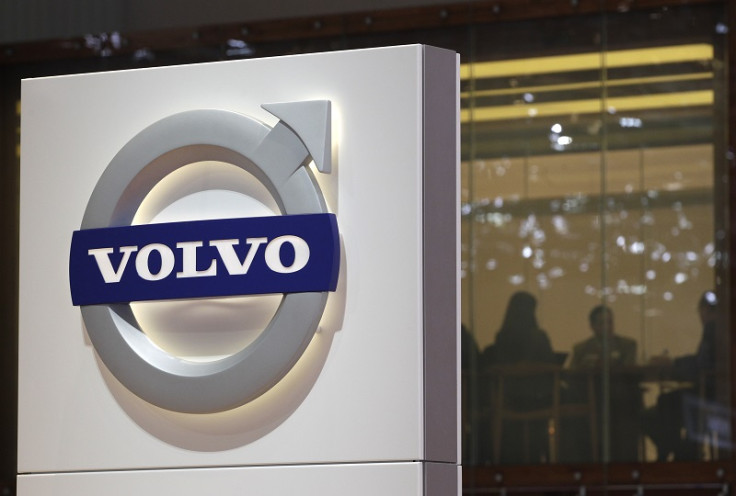Volvo swipe at Tesla Autopilot raises crucial questions about what autonomous driving should be

A widely published dig against Tesla's Autopilot self-driving technology, by a Volvo engineer, is not a swipe at the company itself, but at our entire understanding of what autonomous driving should be.
Trent Victor, senior technical leader of crash avoidance for Volvo, said during an interview with The Verge that what Tesla is claiming to be a game-changer is actually a simple semi-autonomous technology which looks far more advanced than it really is. Victor said he fears Autopilot "gives you the impression that it's doing more than it is...[Autopilot] is more of an unsupervised wannabe."
But Victor has only singled out Autopilot because it is the most talked-about, the most impressive and, seemingly, the most advanced system on the road today. Broadly speaking, Tesla is using the same technology (provided by Israeli company MobilEye) as many other car companies, including BMW and Volkswagen Group.
Tesla might be pushing the technology much harder than its rivals and achieving more impressive results, but Autopilot still falls into the same vague category of 'level three autonomy' where it isn't clear if the driver needs to be fully alert or not, and where the system can stop working at any moment.
First, a little explanation of how autonomous driving is categorised:
Back to that Volvo/Tesla spat:
Volvo's Drive Me autonomous car experiments will kick off next year at level four. Its cars will be capable of driving themselves all of the time (on motorways) and handle any situation presented to them without human intervention; even if something goes wrong and it does not know what to do next, the car is programmed to safely come to a stop at the side of the road.
Victor added: "In our concept, if you don't take over, if you have fallen asleep or are watching a film, then we will take responsibility still. We won't just turn [the self-driving system] off [as Autopilot does]. We take responsibility and we'll be stopping the vehicle if you don't take over."
Volvo had previously said it will take full responsibility for all accidents caused by its autonomous vehicles. Victor added that it is "also programming it for extreme events like people walking in the road even where they're not supposed to be. There's a massive amount of work put into making it handle a crash or conflict situations."
Blame the game, not the players
Although Victor has singled out Tesla and Autopilot here, it seems his argument is against level three autonomy in general, and how it blurs the lines between a driver needing to pay attention and the car doing everything for them.
Level two and three systems, like Autopilot, appear to be more in control (and seem more autonomous and therefore trustworthy) than they actually are. IBTimes UK recently compared Autopilot to BMW's own system in a new 7-Series automobile and, despite using broadly the same technology, the BMW system felt more conservative, while Autopilot pushed the technology much harder to achieve a seemingly more automated experience.
Tesla says Autopilot is still in the 'beta' development stage and is constantly learning as it is used. The system will no doubt improve and offer a very different experience once the Model 3 goes on sale at the end of 2017. By then, we also expect to see other carmakers pushing into level four territory. But for the next 12 months, they need to push through the ambiguous level three as quickly (and safely) as possible.
© Copyright IBTimes 2025. All rights reserved.






















